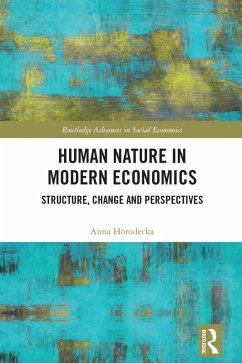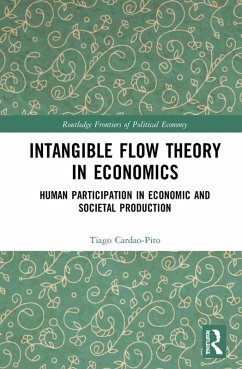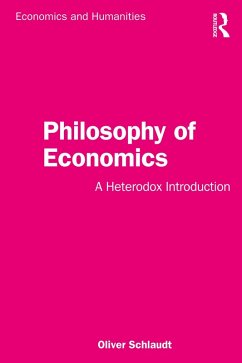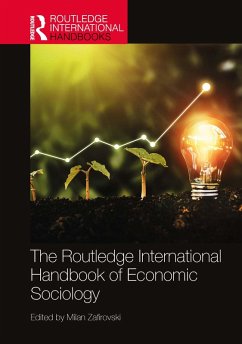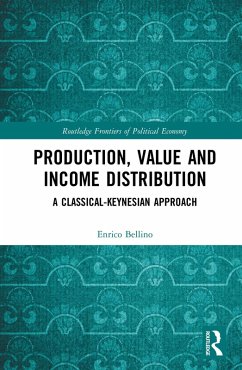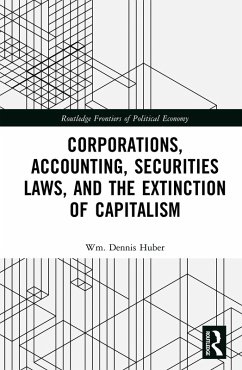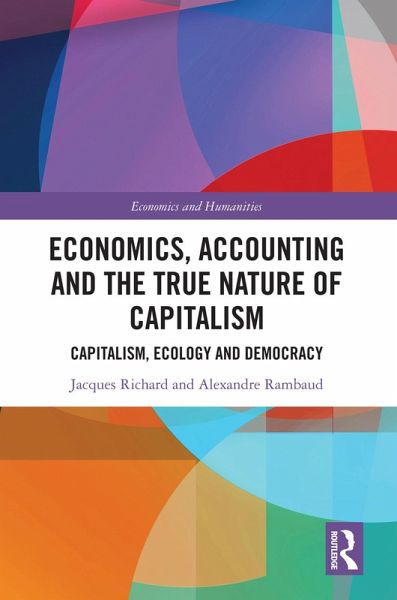
Economics, Accounting and the True Nature of Capitalism (eBook, ePUB)
Capitalism, Ecology and Democracy
Versandkostenfrei!
Sofort per Download lieferbar
39,95 €
inkl. MwSt.
Weitere Ausgaben:

PAYBACK Punkte
20 °P sammeln!
Almost all economists, whether classical, neoclassical or Marxist, have failed in their analyses of capitalism to consider the underpinning systems of accounting. This book draws attention to this lacuna, focusing specifically on the concept of capital: a major concept that dominates all teaching and practice in both economics and management.It is argued that while for the practitioners of capitalism - in accounting and business - the capital in their accounts is a debt to be repaid (or a thing to be kept), for economists, it has been considered a means (or even a resource or an asset) intende...
Almost all economists, whether classical, neoclassical or Marxist, have failed in their analyses of capitalism to consider the underpinning systems of accounting. This book draws attention to this lacuna, focusing specifically on the concept of capital: a major concept that dominates all teaching and practice in both economics and management.
It is argued that while for the practitioners of capitalism - in accounting and business - the capital in their accounts is a debt to be repaid (or a thing to be kept), for economists, it has been considered a means (or even a resource or an asset) intended to be worn out. This category error has led to economists failing to comprehend the true nature of capitalism. On this basis, this book proposes a new definition of capitalism that brings about considerable changes in the attitude to be had towards this economic system, in particular, the means to bring about its replacement.
This book will be of significant interest to readers of political economy, history of economic thought, critical accounting and heterodox economics.
It is argued that while for the practitioners of capitalism - in accounting and business - the capital in their accounts is a debt to be repaid (or a thing to be kept), for economists, it has been considered a means (or even a resource or an asset) intended to be worn out. This category error has led to economists failing to comprehend the true nature of capitalism. On this basis, this book proposes a new definition of capitalism that brings about considerable changes in the attitude to be had towards this economic system, in particular, the means to bring about its replacement.
This book will be of significant interest to readers of political economy, history of economic thought, critical accounting and heterodox economics.
Dieser Download kann aus rechtlichen Gründen nur mit Rechnungsadresse in A, B, BG, CY, CZ, D, DK, EW, E, FIN, F, GR, HR, H, IRL, I, LT, L, LR, M, NL, PL, P, R, S, SLO, SK ausgeliefert werden.








